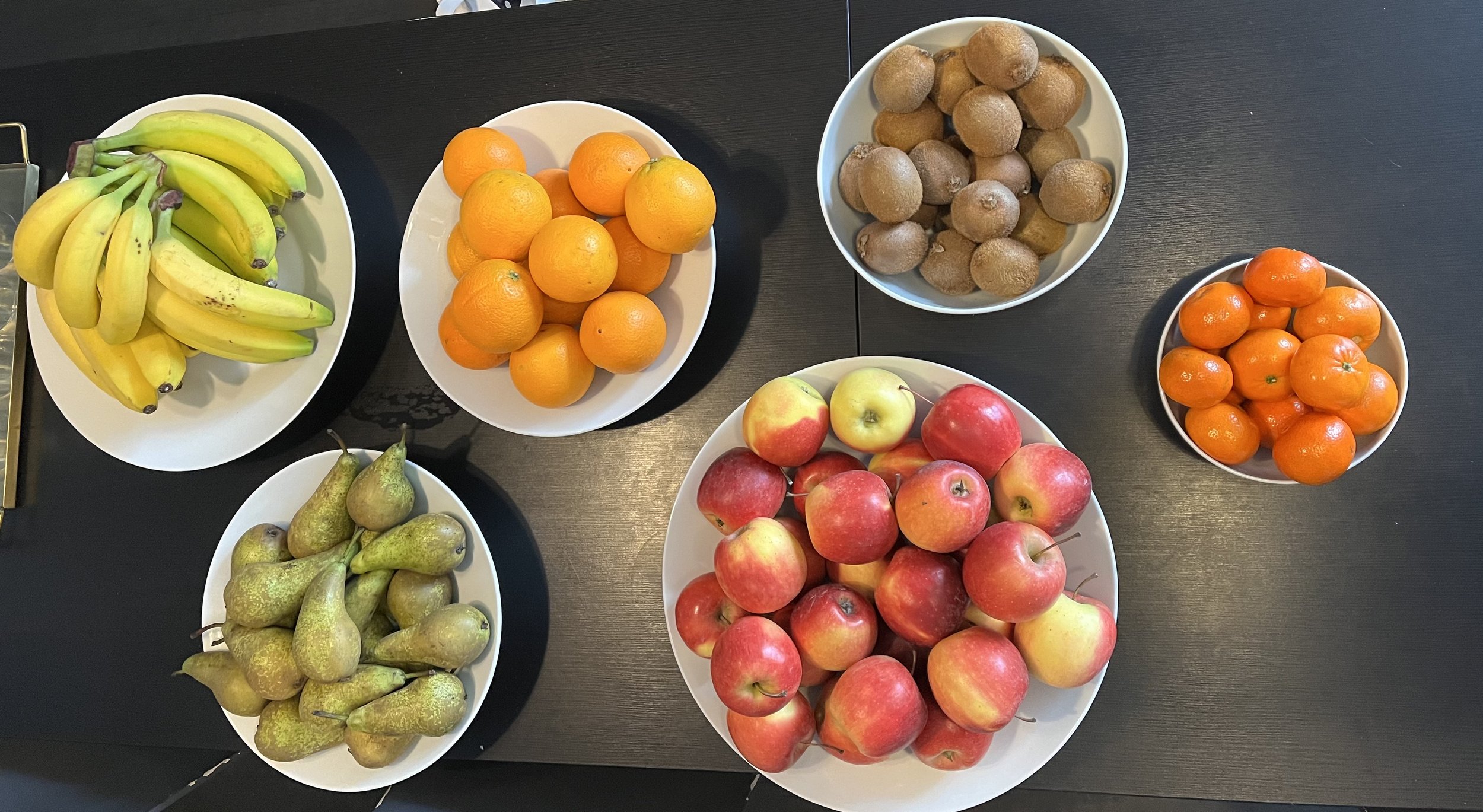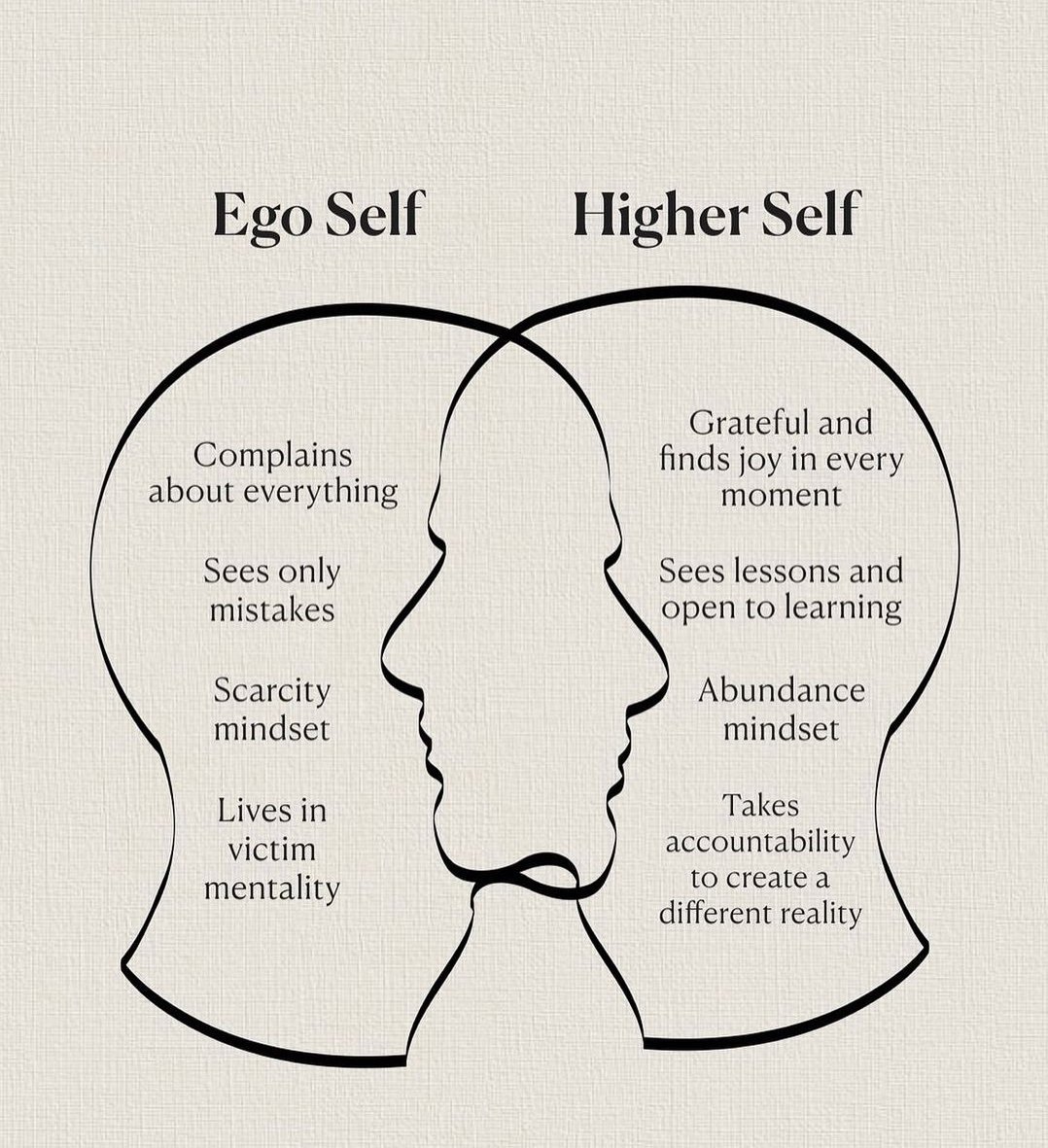Paradigms can be thought of as mental programs that largely dictate our habitual behaviour, as most of our actions are driven by habits. Our brains constantly seek validation for our beliefs, a phenomenon known as confirmation bias. For instance, if you believe "nothing ever goes my way," your brain will highlight everything that confirms that belief. On the other hand, if you tell yourself, "I know things can get better," your brain will begin to find evidence to support this idea. Your mind is simply performing its function by actively searching for proof to reinforce the reality you've constructed in your thoughts. Therefore, I think it's crucial to remember that you have the power to influence the world around you through your mindset.
We reward good experiences
Consumers benefit from recognisable brand names because they can choose to buy more of a product they like and less of one they don't. Brands serve as the units of selection in the evolutionary marketplace of consumer capitalism. A brand name allows consumers, both individually and collectively, to reward a positive experience with repeat business and penalise a negative experience with a boycott. Therefore, businesses interested in their longevity strive to uphold their promises when these promises are tied to a brand. In contrast, without a brand, there's no investment in maintaining such promises. I think brands contribute to better products, and the absence of brands can damage markets by making it difficult for consumers to confidently choose products or services.
Slow down
What game are you playing?
There is a distinction between seeking to have the right answer and building the capacity to generate the right answer, one is a short-term win and the other has a much longer shelf life. I think passing down wisdom, especially through oral history, is vital for preserving culture, maintaining and transmitting identity, values, and traditions. It allows us to learn from the past, offering lessons from previous generations' experiences while using historical insights to address modern challenges innovatively. Wisdom sharing also strengthens community bonds by fostering common narratives and understanding.
Contrasting pairs
Introvert is not lonely.
Humility is not self-doubt.
Silence is not ignorance.
Authority is not influence.
Kindness is not weakness.
Generosity is not loyalty.
Wealth is not health.
Privilege is not entitlement.
Calmness is not acceptance.
Appearance is not happiness.
I think each pair of statements contrasts two concepts that are often misunderstood or conflated with each other. This structure effectively highlights the distinctions between them, emphasising that having one quality does not necessarily imply the presence of the other. What do you think?
““You don’t learn to walk by following rules. You learn by doing, and by falling over.””
Risk vs. yield
Why do we need data, facts and proof before we trust our intuition?
We have been educated to not trust our internal judgement and to seek external validation via data, facts and proof. I think this preference stems from a fear of responsibility for decisions, a desire for social validation, and an aversion to the perceived risks and biases associated with intuition. I hope that in the future we will move awaty from the command and control scenario towards trust and inspiration culture where diverse thought is celebrated in the decision-making process.
““To learn and not to do is really not to learn. To know and not to do is really not to know.””
Are you a risk taker?
I think entrepreneurship lies within everyone, though not all possess the discipline it requires. While anyone can become an entrepreneur, not everyone aspires to be one; some prefer to rely on others, thinking it means less effort. I believe true entrepreneurship demands leadership, and a genuine leader never delegates tasks they wouldn't undertake themselves. Contact me via email for short discovery meeting when you are ready to take the next step on your journey.
According to the Oxford English Dictionary, an entrepreneur is defined as "a person who sets up a business or businesses, taking on financial risks in the hope of profit."
““The caterpillar does all the work but the butterfly gets all the publicity.””
Simple living
Three questions that will determine 99% of the happiness in your life:
What am I working on and why?
Who am I spending time with and why?
How well am I treating my body and why?
I think everything else is noise.
Who are you?
Accept both compliments and criticism, as it takes both sun and rain for a flower to grow.
““Between stimulus and response there is a space. In that space is our power to choose our response. In our response lies our growth and our freedom.””
Emotional conversations
Illustration: Liz Fossilien ©
If you have an emotional reaction to everything that is said to you, you will continue to struggle. True power lies in sitting back and observing things with logic and restraint. If words control you, it means everyone else can control you. I think you should just breathe and let things pass.
““If you start a conversation with the assumption that you are right or that you must win, obviously it is difficult to talk.””
Progress is not linear
Illustration: Liz Fossilien ©
Progress is not always visible on a day-to-day basis; it becomes evident only over time. Here’s how you might notice your growth:
You are less reactive to drama and now choose your battles wisely.
Your circle of friends is becoming smaller but stronger—prioritising quality over quantity. You are surrounding yourself with people who uplift you rather than drag you down.
You are embracing discomfort, whether it’s regularly going to the gym, learning a new skill, or having tough conversations with yourself.
You are saying no more often. Recognising that people-pleasing is unhealthy, you now prioritise your time and energy as the valuable resources they are.
You are investing in yourself through books, courses, therapy, and other means. You understand that the best investment is in your own growth.
Keep pushing and keep growing as I think the best version of you is still ahead.
Supporting your dreams
There are countless definitions of coaching, each offered by the thousands of coaches out there. It's important to hold off on giving advice and maintain curiosity for a bit longer, as new initiatives often meet resistance. I think anything worthwhile will encounter obstacles and pushback, and organisational change can be particularly daunting. Remember, pushback isn't personal; it's simply a systemic reaction to the changes taking place.
““As with any new skill, attitude, style, or belief, adopting a coaching ethos requires commitment, practice, and some time before it flows naturally and its effectiveness is optimised.””
The watered down version of DEI
I recently used an anology to illustrate the concepts of Diversity, Equity, and Inclusion (DEI) in the context of a meeting.
Diversity - Who is invited to the meeting?
Equity - Who is trying to get in but can’t?
Inclusion - Has everyone’s views been heard and acknowledged?
The receiver thought it captured the essence of each component of DEI, making it easy to understand and apply. What do you think?
““You can’t access empathy if you’re not willing to be vulnerable.””
The "D" in DEI
Diversity is not about conforming to the norm established by the dominant group; it's about recognising and valuing the variety of experiences that individuals bring to an organisation. I think that organisations are only truly diverse when they embrace and leverage the unique backgrounds, perspectives, and experiences of their members. I view diversity as the collective mosaic of these diverse experiences, which enriches the fabric of any organisation or community. By appreciating and integrating these varied experiences, organisations can foster a more inclusive and dynamic environment. Contact me via email for a deeper dive into your organisations DEI maturity levels.
There is no secret
The secret is there is no secret.
Consistency over intensity.
Progress over perfection.
Fundamentals over fads.
Repeat, over and over again.
A simple model
I think everything you do in life will fall into one of three categories: bad work, good work, or great work. Here’s a simple model:
Bad work is a waste of time, consisting of life-draining bureaucratic tasks.
Good work involves fulfilling your job description, being productive, efficient, and getting things done. It includes tasks your boss or board expects you to complete.
Great work is more impactful and meaningful. It is strategic and engaging, resonating with both your head and your heart.
Strategic outcomes
Researchers at the Massachusetts Institute of Technology (MIT) have questioned the effectiveness of S.M.A.R.T goals (specific, measurable, achievable, realistic, time-bound). They suggest that better outcomes might be achieved by adopting F.A.S.T goals (frequently discussed, ambitious, specific, and transparent) instead. The MIT researchers think goals should be embedded in ongoing discussions to review progress, allocate resources, prioritise initiatives, and provide feedback. Objectives should be challenging yet attainable and translated into concrete metrics and milestones to clarify how to achieve each goal and measure progress. Additionally, goals and current performance should be made public for all employees to see. What do you think?
Success follows the bold
I think you have control when you take charge of your life, emotions, and goals, as this helps you stay calm and confident in tough situations. One has to stay focused on your goals and stick to good habits as this commitment enables you to bounce back from setbacks and keep moving forward. Challenge yourself to see difficulties as opportunities for growth and be eager to try new things and push yourself to improve. The belief in yourself and your abilities builds confidence, which is crucial for staying strong during tough times and persevering even after making mistakes.
Be mindful of other people's perspectives
We have a responsibility to identify our biases and stereotypes and try to unlearn them. At work we need to consciously choose the right words and create space for everyone to contribute to the discussion. This may involve using anonymous surveys after meetings or sending post-meeting emails to ensure that everyone's ideas are considered in the decision-making process. I think expressing phrases like "I value what you think" and welcoming new team members with questions such as, "Hi, you are new to our ensemble. Have you seen this done a different way? Do you have any experience you would like to share?" can help foster an inclusive environment.
Holding a grudge
People are often more forgiving than you think; people forget. When someone makes a mistake, they remember the times they themselves sought forgiveness. To encourage empathy, simply ask them to reflect on their own experiences: "Haven't you ever made a mistake?" By helping others recognise that everyone makes mistakes, you humanise your error and create a pathway for forgiveness. I think this approach can absolve you of your wrongdoing and prompt others to give you another chance. When you learn to acknowledge and accept your own mistakes, you gain the strength to move forward, and no one can diminish that inner resilience.
Deepen your understanding
A military general is a strategist who does not react impulsively to every situation. Instead, general’s have a strategy and a plan for when things occur, they pay close attention, take a step back, assess the situation, and only then decide the best way to allocate their energy, time, and resources. This allows them to create an effective plan of action for their next move. In contrast, those who are constantly reacting to events are not strategists; they lack the calmness required for thoughtful planning. I like information because it allows me to understand what has happened and determine the best course of action. And with the necessary information, I can make informed decisions and move forward effectively. The only time I struggle to strategise is when I don't have all the information I need.
““Sometimes I am so clever that I do not understand a single word of what I am saying.””





















